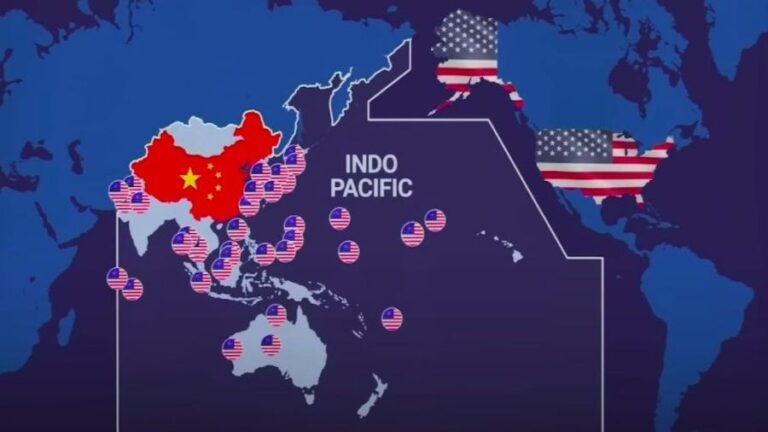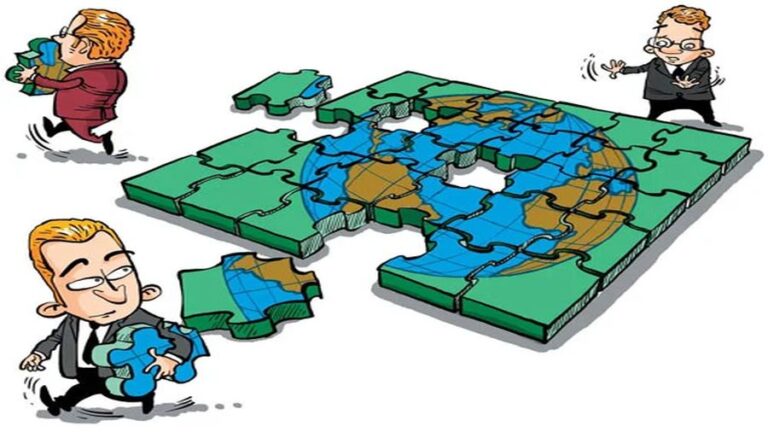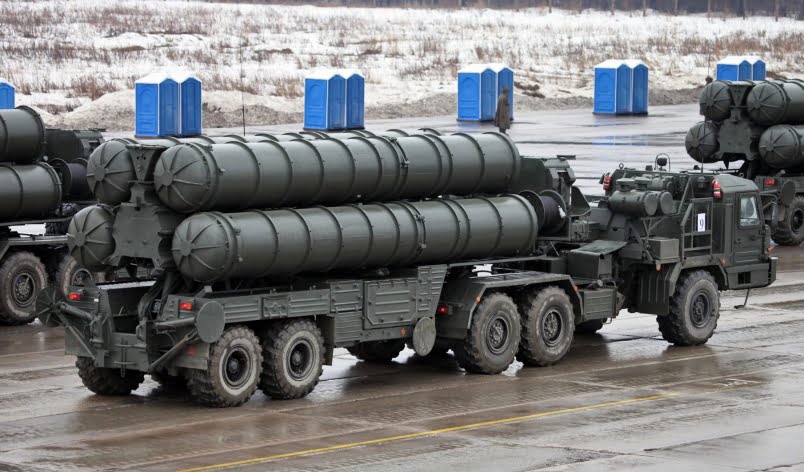Turkey Mediates Agreement Between Hamas and Fatah
After 15 years divided and in constant conflict of interest, the main Palestinian political forces, Hamas and Fatah, finally reached an agreement to hold new elections in Palestine. According to Hamas spokesman Saleh al-Arouri, there was a real consensus between the two parties and there is no longer any interest in pursuing divisions in Palestinian domestic politics. The negotiations were mediated by Turkey and the agreement signed in Istanbul. A commission has been created to establish the electoral calendar. Apparently, legislative elections will be held within six months. Then a date will be set for the presidential elections and for the Palestinian National Council. Another commission was also established in order to unify the popular struggle, creating a unified Palestinian national leadership.
The last legislative elections held in Palestine took place in 2006, when Hamas had an unexpected and significant victory. At the time, Fatah entered into a coalition with Hamas to govern the country, but international non-recognition of the election results harmed the alliance and the national unity. Hamas is considered a terrorist group by many western countries, which have promoted a boycott against Palestine, with sanctions and economic blockade. Since then, Palestine has had two parallel governments: one in the Gaza Strip, led by Hamas, and the other in the city of Ramallah, in the occupied West Bank, led by Fatah.
Although Palestine has almost 30 different political parties, only Hamas and Fatah are organizations with real political strength, capable of mobilizing armed paramilitary groups and facing Israeli occupation, forming parallel governments and semi-governments in areas under foreign domination. This is why, in order to create a Palestinian political unity, it is of vital importance that these parties are united in an agreement, even though they preserve their differences.
However, many difficulties may still arise with the implementation of the agreement. The elections are scheduled to take place across the Palestinian territory, including Jerusalem and the Gaza Strip, which are areas under occupation. Ensuring the security of the election will be a great challenge. Israeli troops are currently blocking traffic between Gaza and the West Bank, which not only prevents Palestinians from moving, but, above all, hampers a vote-counting process.
The only way to guarantee a democratic, legitimate and multi-party process in Palestine, with voting power for all citizens, regardless of their location, is through strong international cooperation. The United Nations, in order to avoid conflicts and the increase of ethnic violence between Israelis and Palestinians, must inspect the functioning of the elections in a politically impartial way, taking care only for the legality of the election and for peace. But is this kind of action really possible?
With Hamas being considered a terrorist group (as well as some Fatah’s militias) by the West and with the growing proximity between Israel, France and the Arab world, the situation seems far from any peaceful solution. It is important to note that an agreement between Hamas and Fatah was only possible due to the actions of Turkey, which has recently become a pivotal country in the management of conflicts in the Middle East. With the wave of peace agreements between Arab countries and Israel, Palestine has lost some of its greatest historical allies against Israeli occupation. This was precisely why the Palestinians in recent years have invested in strong cooperation with Turkey, a country that is considered a greater threat to Arab interests than the State of Israel itself. Istanbul has now become the Palestinians’ only hope.
Turkey mediated the negotiations with the clear objective of building Palestinian national unity, for which reconciliation between Hamas and Fatah is an inevitable step. Istanbul has an interest in consolidating Palestinian unity to rival Israel and its new Arab allies, but it has no interest in policing the functioning of the elections, as this could lead to a direct confrontation. Therefore, Turkish mediations will be fruitless and Palestinian national unity will probably be merely figurative.
Iran, a country that has also increased ties with Turkey and that shares a mutual rivalry against the State of Israel and the pro-Western Arab nations, could be a hope for countering Israeli aggressiveness. But, specifically in relation to the elections, Tehran would hardly risk itself in any involvement, as the general tendency is to avoid any possibility of direct confrontation.
Considering that Israel has not yet abandoned its West Bank annexation plan, expectations for the near future in the Middle East are the worst. Perhaps the approach to the Turks was a serious strategic mistake on the part of the Palestinians, without which the other Arab countries would not have joined diplomacy with Israel.







